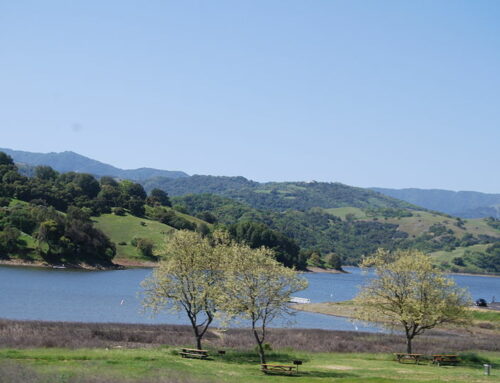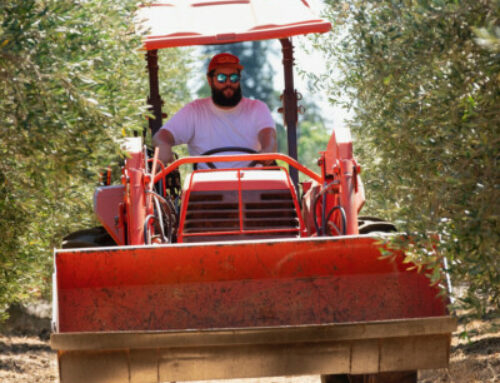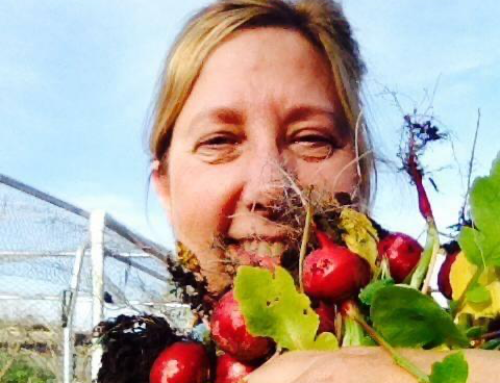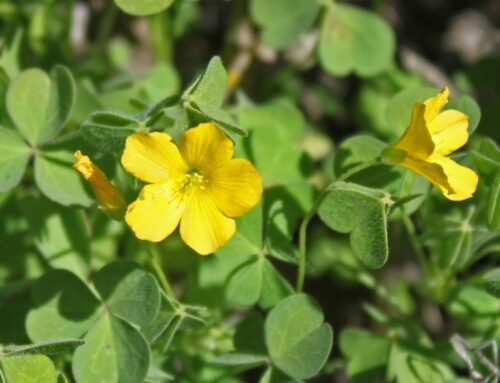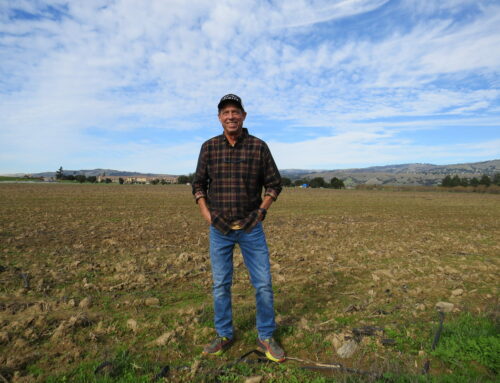Ann and Winslow Briggs helped save the park in 2012 when Gov. Jerry Brown threatened to close it
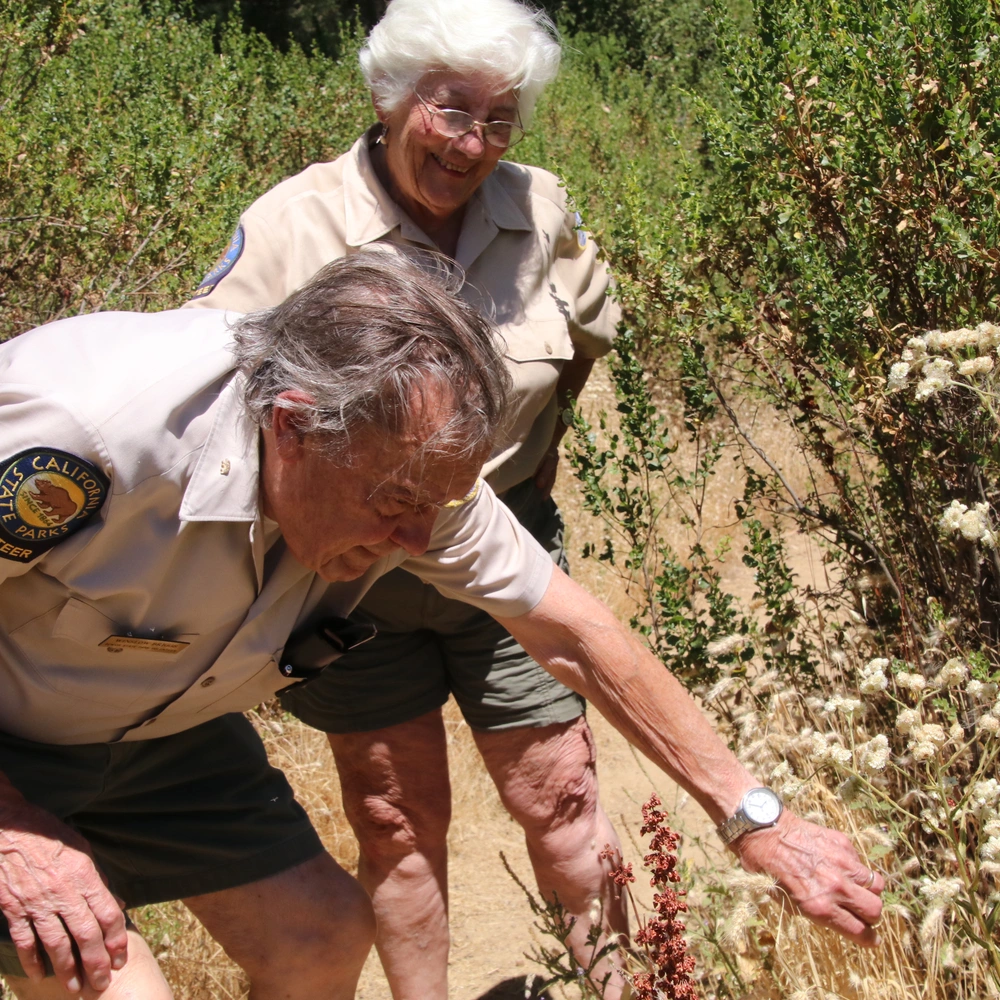
Photo courtesy Ann and Winslow Briggs
The passionate dedication of Winslow and Ann Briggs left an indelible mark on Henry Coe Park.
By Calvin Nuttall
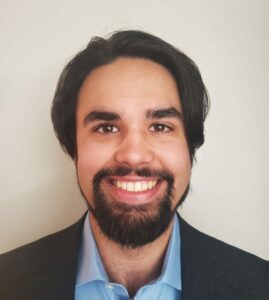
Calvin Nuttall
Were it not for the actions of a few committed volunteers and generous donors, the gates of Henry W. Coe State Park would have closed on July 1, 2012. Gov. Jerry Brown had announced the previous year the closure of 70 state parks in the interest of balancing the state’s budget during the Great Recession.

The couple arrived in the Bay Area in the 1970s after moving here from the East Coast. Winslow became a professor of biology at Stanford University, as well as the director of the Department of Plant Biology at the Carnegie Institution.
He was already an accomplished hiker and mountaineer, with several first ascents under his belt during his time as a member of the Harvard Mountaineering Club. He and Ann fell in love with Coe. Together they logged thousands of hours volunteering with the Pine Ridge Association, the nonprofit that coordinates Coe’s volunteers.
“He adored the park,” said Lucia Briggs, one of the couple’s three daughters. “It spoke to him in terms of its ruggedness and uncompromising feeling. And the volunteer organization, he just thrived on it.”
The couple were decorated with the Partnership Award from the California Parks and Recreation Department in 2000, which recognizes outstanding commitment by its volunteers. Later, they helped to complete the first project to thoroughly map Coe. Finished in 2003, this required crisscrossing the 87,000-square-acre park on foot to confirm locations of remote trails, springs and other features.

“It really changed directions for his research,” Lucia said. “He was really fascinated with the plants that were coming up and why they were regenerating. Some were showing up in the park for the first time in a hundred years. He worked extensively studying the fires and what triggers plants to regenerate.”
When the state threatened to close the park they loved, Ann and Winslow spearheaded the creation of the Coe Park Preservation Fund. The goal was to extend the life of the park for at least three years past its scheduled closure. They raised $300,000 from various sources including other passionate locals.
Ultimately, the shutdown of state parks proved to be an empty threat. Money was found from elsewhere in the state budget to keep the areas open. Nonetheless, the Briggses and their partners, with their quick action and organizational acumen, proved that Henry W. Coe State Park had fierce defenders.
Winslow Briggs died in 2019. He will be remembered for many years by his friends and peers, both for his long legacy of volunteer service and his extensive contributions to research in biology. Ann Briggs still lives in Palo Alto.
Volunteers like Ann and Winslow are essential for keeping Coe open and accessible to the public.
Calvin Nuttall is a Morgan Hill native with a passion for nature, science, and technology.



